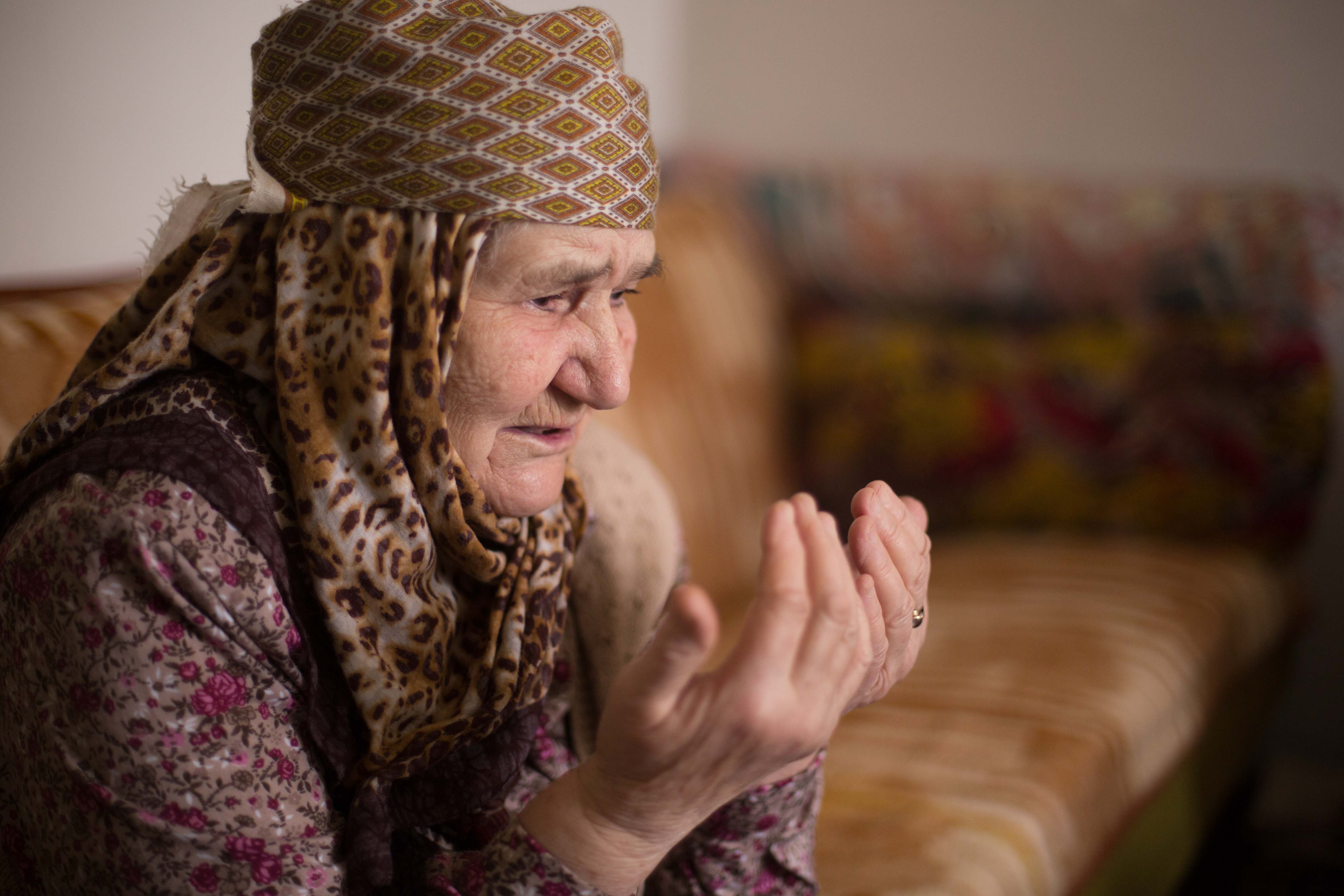IRUSA-Funded Project Seeks To Tackle Mental Illness, Issues Impacting Muslim Youth
One issue that seems to get little public attention in Muslim circles is mental illness. It’s one of those inconvenient subjects that’s considered taboo or one that doesn’t merit close scrutiny.
However, as the Family Youth Institute (FYI), a research organization based in Canton, Michigan, showed recently, more attention is exactly what’s needed. Like other issues, mental illness is alive and, unfortunately, well within the Muslim community.
That became obvious during FYI’s presentation on Oct. 19 to Center D.C., a Muslim social group that meets regularly at the Thurgood Marshall community center on 12th Street NW. Madiha Tahseen, a researcher and community educator with FYI, moderated a presentation called Mental Health 101, with the participants seated in a semicircle. The presentation focused on identifying the warning signs of someone who might be suffering from mental illness.
The presentation was one of several that are part of an FYI project called “Supporting Tomorrow: Examining the Needs of American Muslim Youth.” Islamic Relief USA (IRUSA) has awarded a grant for the project, whose goal is “to provide community resources aimed at promoting American Muslim youth.”
Projects like these fit well with IRUSA’s mission, since they help empower individuals and help give them a “voice” in more ways than one. They also focus on values like excellence and sincerity, since the projects require people to be honest about their feelings and show a willingness to better themselves.
The three big areas the FYI project aims to address are bullying and suicide prevention, parenting in a digital age, and Black Muslim youth development. The project will produce videos, “toolkits,” workshops, lectures, among other things, and is expected to help some 55,000 beneficiaries.

Stressed Out?
FYI states that Muslim youth are suffering more stress than ever and that “their daily, physical, social, emotional and spiritual well-being is at stake.” It points to its own research that shows nearly 59 percent of Muslim students tried at least one risky behavior, which includes alcohol or tobacco use, gambling, marijuana or other illicit drug use, and premarital relations.
In her presentation, Tahseen talked about how people confuse mental health and mental illness. That point became clear after participants were asked to text message words they associate with mental health. Words like depression, anxiety, therapy, grief, and stigma popped up on a “cloud” on the projector screen.
Following that exercise, Tahseen explained those words are more closely associated with mental illness. Mental health, she explained, refers to a person’s general well-being and state of mind. Mental illness, on the other hand, refers to things that disrupt a person’s mental state.
Tahseen said that one in two individuals, over the course of their lifetime, will meet the criteria of having an identifiable mental health condition.
Among the signs to look for when determining if someone might be suffering are changes in attention, appetite, sleeping patterns, and social interactions. To prevent an extended period of suffering, Tahseen stressed the need to intervene quickly.
“Early detection is key,” she said.
In reality, people come across, or put up, barriers to seeking that help. Social stigma, whether it’s derived from the community or from one’s own thinking, is one of the most common reasons.
To combat that stigma, Tahseen recommended that people strive to increase their level of awareness and knowledge about mental illnesses.
Tahseen debunked some common perceptions within the Muslim community about psychology and about why people suffer from mental illness. Among them:
*They’re suffering because they’re not praying enough or aren’t devout in practicing Islam;
*They possessed with jinn
*Psychology is a “Western phenomona”
On the last item, Tahseen said that, in actuality, psychology and Islam have been connected. Egypt, a Muslim-majority country, has one of the oldest mental health hospitals in its capital city, Cairo.
“It’s a part of our religious tradition and religious history.”
When treating mental illness, Tahseen stressed the need for taking a holistic approach, as rarely a one-size-fits-all technique works. A mix of therapy, exercise, proper nutrition, social support, duas and medicine is usually far more effective.
The presentation shows that Islamic Relief USA, in addition to supporting physical development projects, also supports those that develop the human spirit and raise awareness about very sensitive subjects. That’s something that should be commended.



